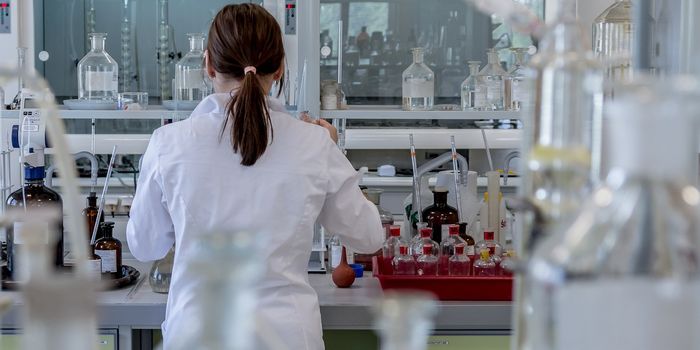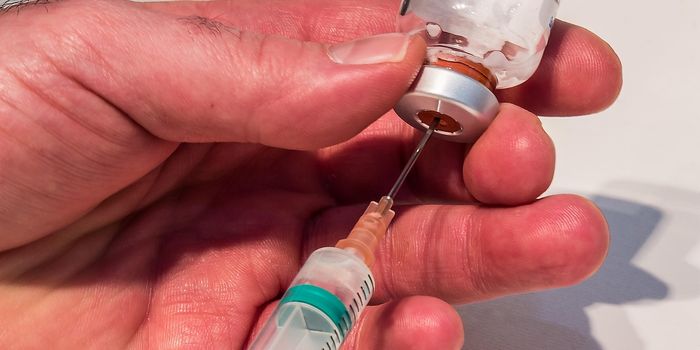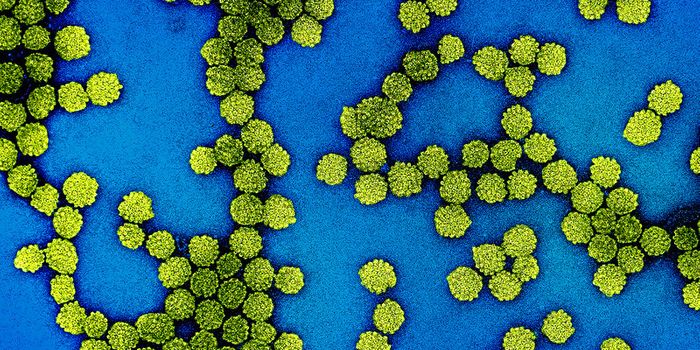Sometimes scientists have to work in reverse. That is, they may know that a compound seems to treat a disease, but then they have to work backwards to understand exactly how the drug acts on the body. Such is the case with lupus and omega-3 fatty acid, or DHA. The compound is effective at stopping lupus, but not much is known about the why and the how. And scientists at Michigan State University intend on answering these questions with the $2.3 million grant from the National Institute of Health.
"Lupus is the body's immune system attacking itself and it can damage any part of the body including skin, joints and organs," explained Dr. James Pestka, a University Distinguished Professor of food science and human nutrition. "This new research will let us see what happens at the cellular level in the triggering of lupus and how we can intervene nutritionally with DHA to prevent the flaring and progression of the disease."
The disease affects an estimated 5 million people worldwide. Some forms of the disease have genetic underpinnings, and other forms are brought on by environmental stressors, like infections and exposure to certain medications. In particular, Pestka and his team are focused on the lupus associated with inhalation of silica, a toxic mineral. Several studies previously linked occupational exposure to crystalline silica and risk of developing systemic lupus erythematosus, the most common and serious form of the disease.
Previous research also show that this type of lupus seemed to be treatable with omega-3 fatty acids, also known as docosahexaenoic acid (DHA). This fat is found primarily in fish, and is often praised for its health benefits. Indeed, DHA has been linked to lowering the risk of heart disease, rheumatoid arthritis, and depression. The compound is even added to prenatal supplements as research shows it’s important for a baby’s visual and neurological developments.
"When lupus is triggered by fine inhalable particles called crystalline silica in the lungs, our earlier research has shown that DHA essentially stopped the activation of the disease," said Pestka.
Why is this the case? Some researchers hypothesize that DHA may signal the cells to ingest the toxic silica particles, and thereby preventing a systemic inflammatory reaction by the body. But Pestka’s co-investigator, Jack Harkema, disagrees with this idea. "Cells in the lung can gobble up the silica, but it's so toxic, it usually kills these cells," Harkema said. "When they die, signals are sent out to the immune system that something is wrong. The body then produces such a strong response that it also starts killing healthy cells."
The team didn’t let on the hypothesis they’ll be testing. However, they hope this investigation will shed light on how other respiratory substances can trigger the disease, and what other compounds may quell the lupus reaction.
Additional source: Michigan State University









